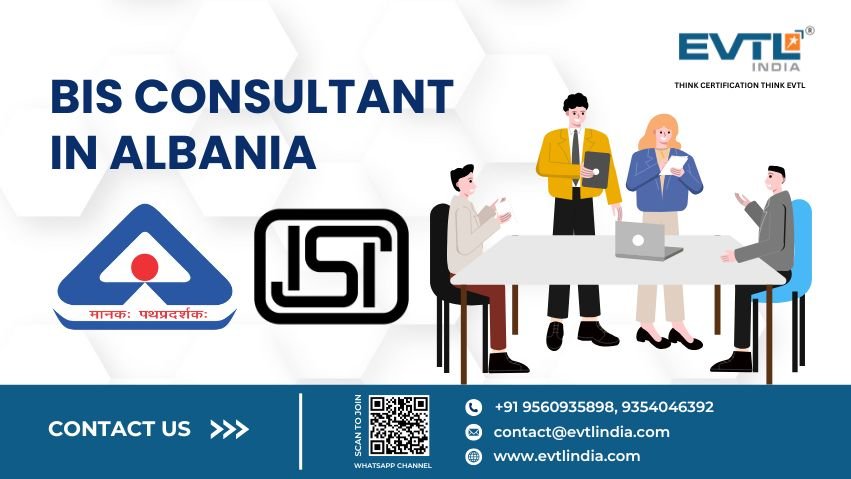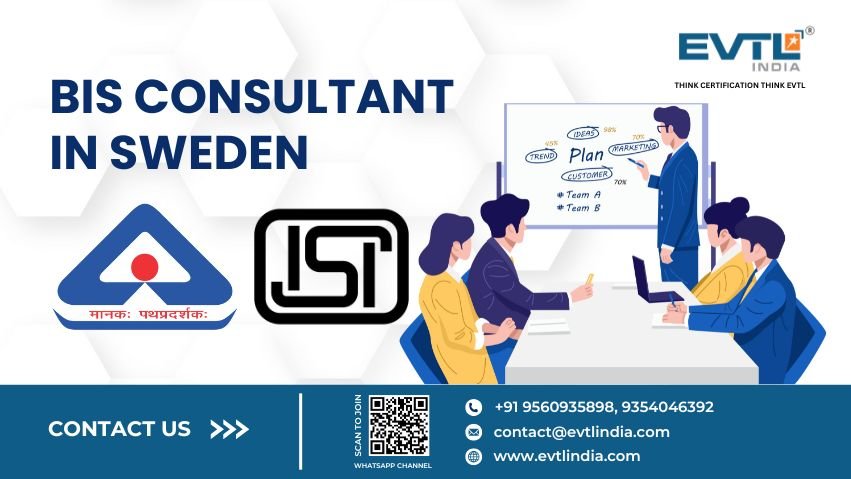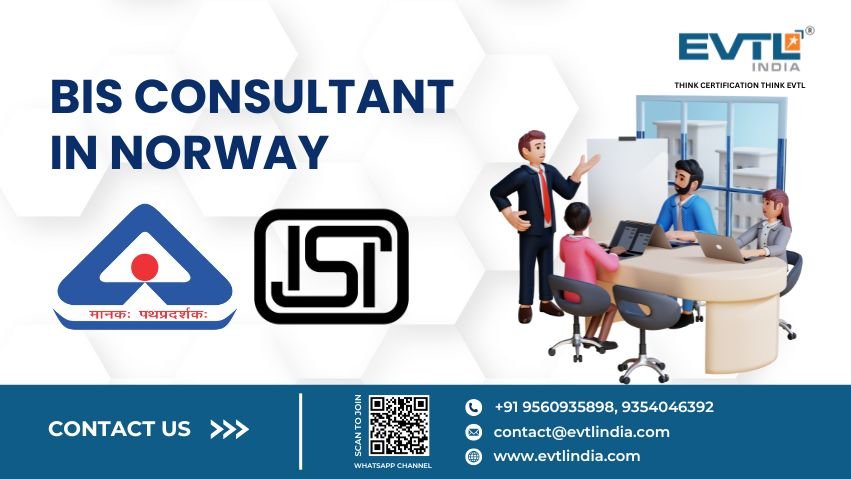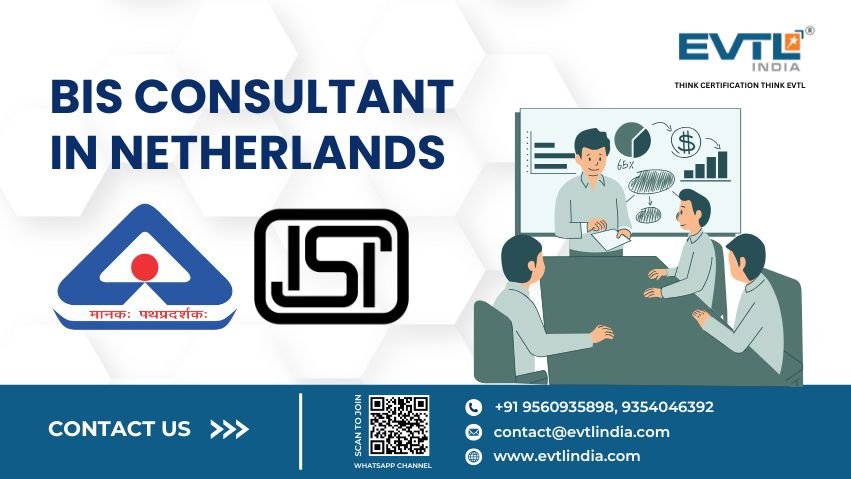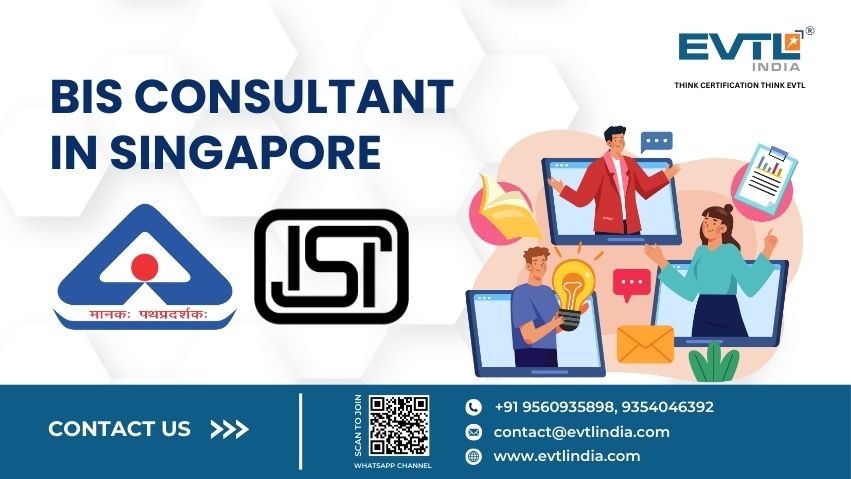STQC Certification for CCTV in India
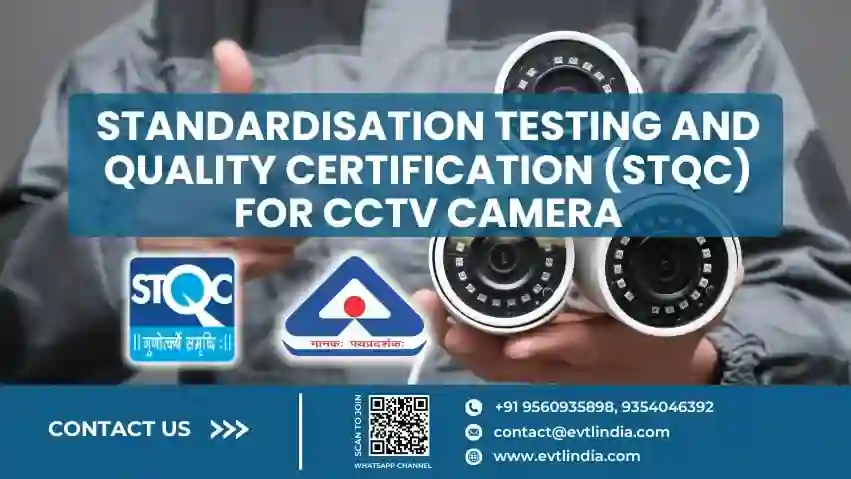
India has made it mandatory for all CCTV cameras to meet strict quality and cybersecurity standards. This is done through the STQC Certification – a government-approved process that ensures CCTV products are safe, secure, and reliable. In this blog, we’ll explain everything you need to know about STQC certification simply and clearly, so you can understand what it is, why it’s important, and how to get it.
What Is STQC
Certification?
STQC stands for Standardisation Testing and Quality Certification. It is a
government initiative managed by MeitY
(Ministry of Electronics and Information Technology) to ensure that electronic
and IT products, like CCTV cameras, meet quality and cybersecurity standards.
The certification is enforced with the help of BIS (Bureau of Indian Standards).
If you are a manufacturer or importer of CCTV cameras in India, getting this certification is mandatory under Indian law. Without it, you won’t be able to sell or distribute your CCTV products legally in the Indian market.
Why Is STQC Certification
Important for CCTV Cameras?
STQC certification is crucial because
it:
Key Features of STQC
Certification
Let’s look at the main highlights of
the STQC certification process for CCTV:
1. Mandatory
Compliance
It is compulsory for all CCTV products to be certified. Without STQC
certification, your product can’t be sold legally in India.
2.
Cybersecurity Requirements
Certification ensures the CCTV cameras
are secure from data breaches and cyber threats. This is achieved through Essential Requirements (ER) that focus
on privacy, data integrity, and system security.
3. Trusted
Supply Chain
By making sure only secure and tested
products enter the market, STQC helps create a reliable supply chain for CCTV products.
4. Consumer
Assurance
With an STQC label, consumers and businesses are more confident in buying your product. They know it meets national quality standards.
Who Issues the STQC
Certificate?
STQC certification is issued by the Standardisation Testing and Quality Certification Directorate, which is part of MeitY. The testing and inspection are often done in partnership with BIS-approved laboratories.
Which CCTV Products
Require Certification?
If you're dealing with CCTV cameras and recorders, your
product must comply with:
This applies to manufacturers, importers, and distributors.
Certification Deadline
The Indian government has set the final compliance deadline as April 9, 2025.
After this date:
Step-by-Step Guide to STQC
Certification
Here is how businesses can apply for
and obtain STQC certification for CCTV:
Step 1:
Application
Fill in the official application form
and mention which product models you want to certify.
Step 2: Submit
Documents
You’ll need to provide:
Step 3:
Product Testing
Send your CCTV models to a BIS-approved lab for thorough testing.
Step 4:
Factory Inspection
STQC officials may visit your factory
to inspect the production process and verify quality control systems.
Step 5: Report
Review
Authorities review the test reports,
audit results, and documentation.
Step 6:
Certification Issuance
If everything checks out, you’ll receive the STQC certificate. Your product can now be labeled as certified.
Documents Required for
STQC Certification
Here’s a quick checklist of documents
you’ll need:
Fees for Certification
For Existing
License Holders:
Non-compliant products after April 9,
2025, will be removed from your
license.
For New
Applicants:
For License
Scope Modifications:
Series Guidelines: What
Must Be Consistent?
If you're certifying a series of CCTV products (same brand but
different models), these elements must stay the same:
You’ll also need a Differential Analysis Report if there are any slight differences between models.
Penalties for
Non-Compliance
Skipping certification can lead to
serious consequences:
Labeling Requirements
Certified CCTV products must have a
visible label on the packaging that reads:
“This CCTV camera complies with Essential Requirement(s) for
Security.”
This label tells buyers the product is approved and follows Indian security regulations.
How EVTL India Can Help
If all this sounds overwhelming, don’t
worry. Companies like EVTL India
specialize in handling the STQC
certification process from start to finish.
They can help you with:
Let the experts manage the complexities while you focus on your business.
Final Thoughts: Why You
Shouldn’t Delay STQC Certification
STQC certification is not just a government formality—it’s a
mark of safety, reliability, and trust. With the deadline of April 9, 2025, fast approaching,
manufacturers and importers must act quickly to ensure their products are
compliant.
Whether you're an electronics company,
a surveillance solutions provider, or an importer, obtaining STQC certification
can open doors to:
By getting certified, you're not only
following the law—you're building a safer, more reliable future in India's
digital landscape.
You can contact us via email at contact@evtlindia.com or by phone at 9560935898. Feel free to get in touch with us anytime for the support you need.
BIS ISI Mark Certification | BIS-CRS Certification | EPR E-WASTE | WMI Registration | BIS Certification For Footwear | TAC & IMEI Registration | BIS FMCS Page | TEC | EPR Registration for Plastic Waste Management | EPR Registration for Battery Waste Management | EPR Registration For Used Oil | EPR Registration for Tyre Waste Management | WPC ETA License | NOC | LMPC | Legal Metrology | Trademark Registration | ISO Certification | EMI-EMC Test | Toys | GEM Registration | EPCG Scheme | LM 79 & LM 80 | ROHS Approval | CDSCO Registration | RF Testing | IP Rating Test | MSME & NSIC Registration | BIS Certificate for Conformity | BIS Scheme-X Certification | Hallmark Registration | Laboratory Recognition Scheme | ECO-MARK Certification | RDSO | CE Certification | List Of Equipments | US FDA Registration | Lab Setup & Lab Equipment |
Free Call Back
Why Choose EVTL INDIA
Expertise in Indian Regulatory Standards
End-to-End Support
Trusted by Top Indian & Global Brands
Fast Processing & Transparent Pricing
Strong Liaison with Indian Authorities
Company Profile



